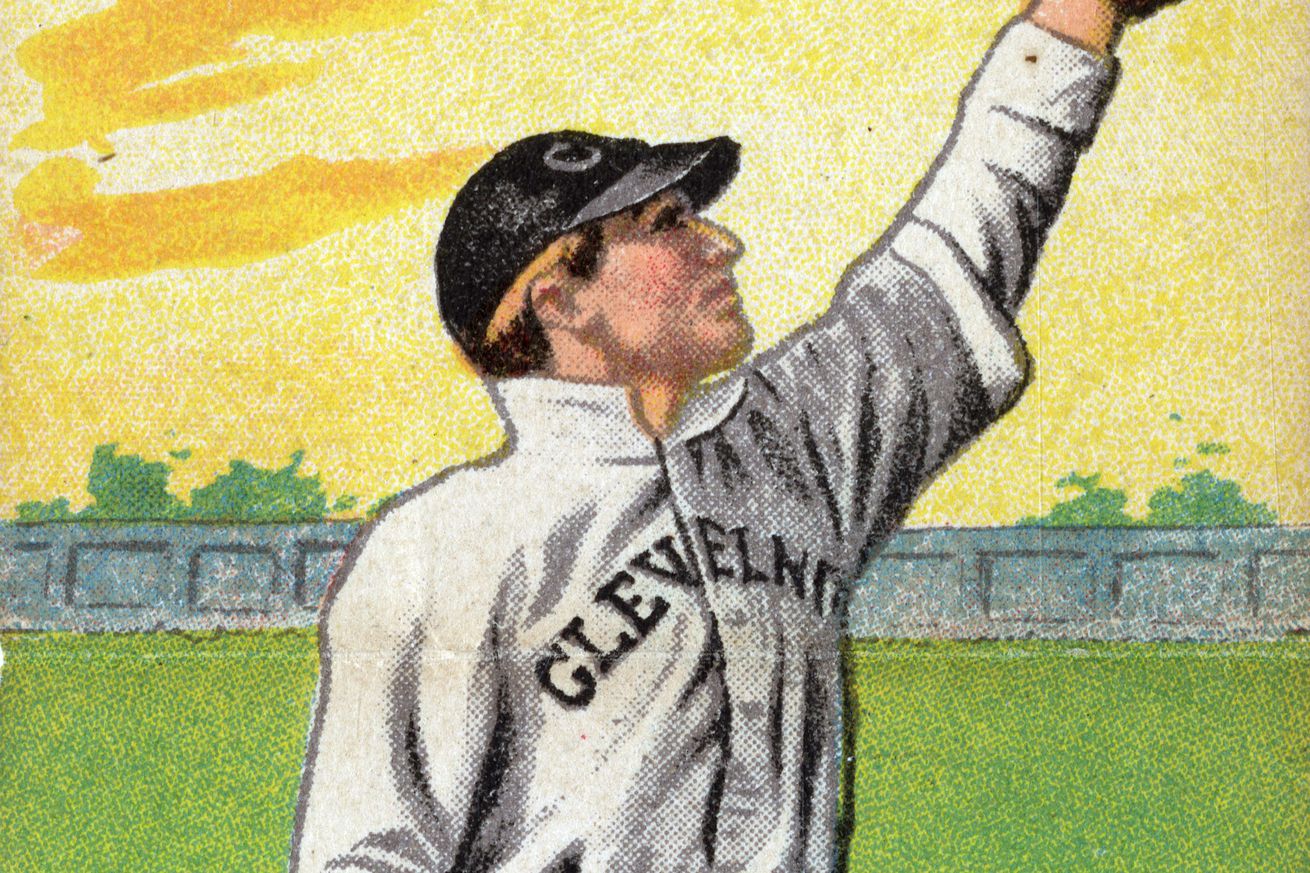Terry Turner did all the little things right

One of the finest fielders in Cleveland history finds himself 16th in career WAR.
It’s easy to look at the guy with the glitzy offensive numbers and think he’s the most impactful player on the field. Seeing a guy go 4-for-4 or knock a dinger makes things happen in a tangible, visible sense and directly impacts the numbers on the scoreboard. There’s a reason the greatest players of all time are those with the most eye-popping numbers at the plate.
Baseball being the beautiful game that it is, though, there are so many little things you can do to help your team win. Do it long enough and you can climb the ranks of the best in your club’s history. That’s where we find the Deadball Era’s Terry Turner, defense/inside baseball wiz for Cleveland. Ranked by the franchise as one of the 100 greatest Cleveland players of all time, his skill at all phases of the game earned him 38.5 wins above replacement, 16th best in team history.
Turner is a perfect example of a “do the little things” type of guy. Throughout his 15 years with Cleveland, he recorded an OPS+ over 100 just three times and never finished a season with more than four home runs. Despite that, he was doing enough to set the record for games played in Cleveland history.
Defensive WAR is a kind of spotty number in general, especially when we’re dealing with guys from before television existed, but Turner clearly was doing something right with the glove, on the base paths, and a little bit with the bat, to at least make it seem like he was a valuable addition to the team.
Guys like Turner make you wonder what would happen if a player like Mike Freeman found their way through some kind of wormhole and ended up in 1903, still in his uniform and carrying his bat. The guys back then would be confused as to why his uniform wasn’t made of trusty, comfortable wool and why his bat didn’t weigh 45 ounces. Once they got past all that, your typical utility man of today would slot in perfectly in the old style of the game.
Historically, baseball has been more about being well-rounded at things than being a specialist. I think we’ve strayed away from that, but think about guys like Babe Ruth — he did everything. Ty Cobb was a devil on the basepaths as much as a terror at the plate and a god in the field. If you had a decent level of each of the five tools, you could find your way to being a superstar, or at least have a long career. That’s where Turner landed.
Though, if the reports and tales from old-timey reporters are to be trusted, Turner was more an Andrelton Simmons type than Mike Freeman. By any account, he was simply sterling at shortstop, and very, very good at third and second as well. While you and I might think the name “Honus Wagner” means something like seven batting titles or being the greatest Pirate of all time, he was also a defensive ace. That’s what Turner drew comparisons to at shortstop. According to Baseball Magazine, he also filled in admirably at second base for Nap Lajoie.
That’s two of the great middle infielders of baseball history, and Turner pulled off a fair impression of both of them in the field. His own manager, Joe Birmingham, called Turner “the most valuable infielder in the American League … as he can play third base, second base, and shortstop equally well.”
Is this merely someone who was supremely athletic, some kind of a physical freak in an era of doughy batsmen? He held the franchise steals record until Kenny Lofton broke it in 1996, a reign of 78 years. Admittedly, he never even sniffed the numbers Lofton logged in a single year, topping out at 31 in 1910 while Lofton averaged 65 from ‘92 to ‘96. For the time though, Turner was a valuable player with a skill set that fit the game he was in.
We talk a lot about a guy being born at the wrong time. If his career peak had happened even a couple of years later, Adam Dunn might have gotten a bit more respect from his approach. Omar Vizquel would have been a god in the Deadball Era. Turner didn’t face this problem. He was a man who found a niche and fit right into it, no problem at all. He didn’t hit for power, but it was hard anyway since the ball was a wet sock.
Instead, he played a bullish infield wherever he was asked to, a comparative Gold Glover in a time when you were fielding a tobacco sodden ball of cloth on a field of mud. He moved runners, bunted when needed, and didn’t strike out. We sometimes forget the conditions these guys played in back then, and the numbers don’t speak to the true value or quality this guy or another brought to the table.
Turner wasn’t some kind of superstar, though he was probably a lot of fun to watch back in the day. He’s the type of player you find, wonder about, and can’t get a good grip on because everything he did was in the context of when he played. He did something right though, so he stands somewhere in the pantheon of Cleveland baseball, even if it’s in a dusty corner we don’t check much.
For a team with a long history of amazing infielders, Turner fits in among the best.

